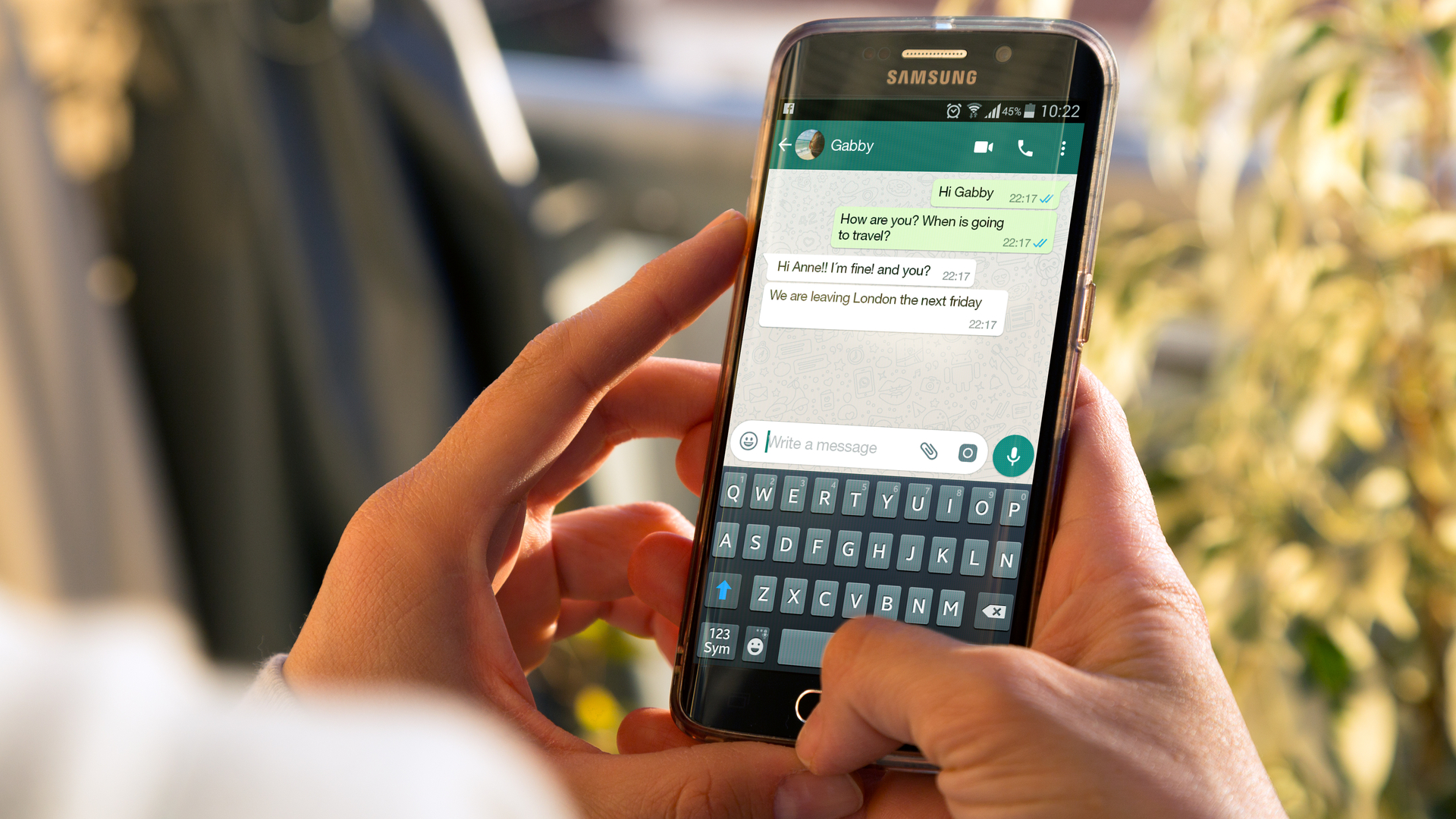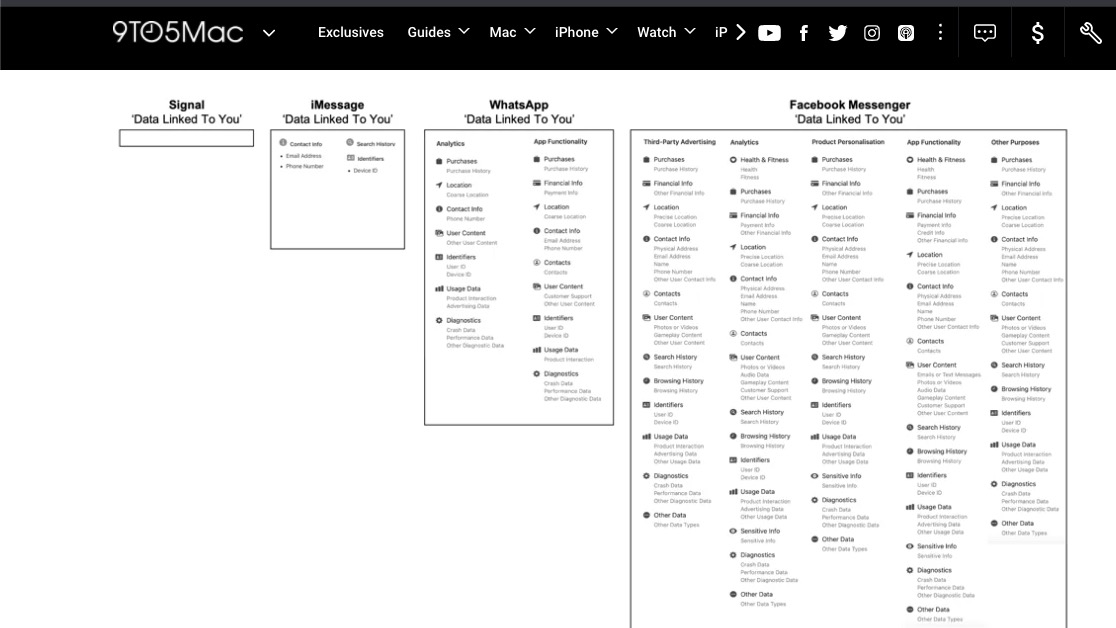Apple's privacy labels reveals Whatsapp and Facebook Messenger's hunger for user data
Worst record among messaging apps

When Apple unveiled major privacy upgrades at the WWDC 2020 for its iOS14, a battle royale broke out between the tech giant and Facebook. The social media giant claimed user data was critical to its ability to serve relevant ads and that Apple's policies would stymie small business.
As the world now grapples with Facebook's privacy changes that require users to compulsorily share their Whatsapp data with the social media platform, Apple's privacy labels update all but confirms what we always knew. That, data collected by Whatsapp and Facebook Messenger is far in excess of what its competitors do.
- WhatsApp has updated its privacy policy: Your choice is to accept it or delete app
- WhatsApp update shows how multi-device linking will look
- WhatsApp Pay: How to setup, send and receive money
Having announced the upgrades in September, Apple had confirmed that the new policy would be actively enforced only from early 2021. We are committed to ensuring users can choose to allow or disallow apps to track them, a developer note from Apple had said, while clarifying that developers had till early 2021 to make adequate changes to their apps.
Though a specific date for implementing the new privacy regime isn't known yet, Apple's new privacy labels update suggests that messaging apps owned by Facebook were collecting more usage data and location details than competitors such as Signal and Telegram. Both Facebook Messenger and Whatsapp collected data that was way more than Telegram and Signal, which is why we suggested these alternatives.

The details made available on App Store, though an image shared by 9to5Mac clearly indicates the quantum of user data that Facebook's messenger apps acquire, compared to rivals. In fact, the latest celebrity to launch a broadside against Facebook's data gluttony is Elon Musk, who tweeted his preference for Signal.
The data from App Store indicates that Facebook Messenger leads in user data collection and is closely followed by Whatsapp. The user data that these two messengers compile include the purchase history, financial information, location details, contacts, phone details, email ID and usage data, among others.
What's more, Facebook has taken a like-it or lump-it approach with its new guidelines, which means that in case users aren't kosher with sharing data, they need to stop using it. Of course, we must bring it to our readers' notice that Apple's data is based on developer submissions and isn't manually reviewed by the company as yet.
Get daily insight, inspiration and deals in your inbox
Sign up for breaking news, reviews, opinion, top tech deals, and more.
However, this still does not explain Facebook's war of words via newspaper ads against these policies. They accused Apple of implementing anti-competitive policies with these updates and even created an FAQ section to explain some of their user data collection habits on Whatsapp. What they did not explain is why their quest for data is substantially higher compared to the rivals.
With more than 400 million users in India, Whatsapp's new privacy policy is surely going to get some of its users thinking. Of course, past research has suggested that a substantial number of Indian users aren't too bothered about data privacy. And the iPhones only account for a minuscule 5% of total smartphone sales around here.
Want to know about the latest happenings in tech? Follow TechRadar India on Twitter, Facebook and Instagram!
A media veteran who turned a gadget lover fairly recently. An early adopter of Apple products, Raj has an insatiable curiosity for facts and figures which he puts to use in research. He engages in active sport and retreats to his farm during his spare time.
